1 to 5 December 2025, Malta
Malta, with its strategic position at the centre of the Mediterranean, has attracted lots of surrounding powers to colonize it over the years, until its independence from the British Empire in 1964. Its Siculo-Arabic language, a legacy of its being part of Sicily during the latter’s occupation by the Moors in the 800s, has been infused with words from its mostly European occupiers, resulting in a rich multicultural language.
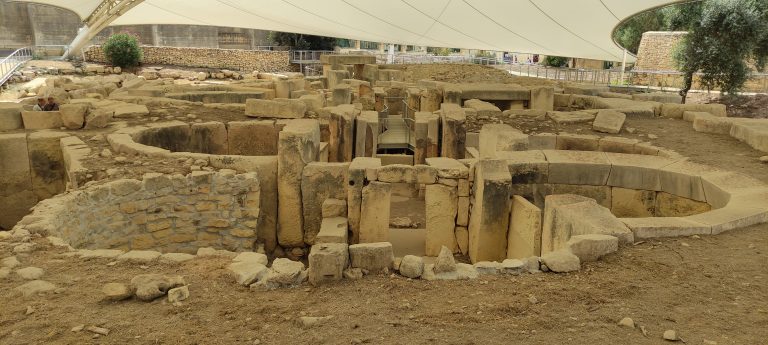
Its history is also evident in the buildings and architecture left behind by past civilizations, going way back to the Neolithic period and beyond, with a number of megalithic complexes around the island – both above and below ground. Its Catholic religion pervades the island’s settlements as 365 churches dot the island’s landscape while weekly festas dot the island’s summer calendar.
December holds three important dates for the Maltese: besides the 25th December to celebrate Christmas – which will be preceded by street decorations and music around the island from a couple of weeks before, the island also celebrates two national public holidays: 8 December is the feast of the Immaculate Conception, whilst 13 December commemorates Republic Day, the anniversary of the creation of the Republic of Malta in 1974, and the ending of the role of Elizabeth II as Queen of Malta. That’s just 3 of the 14 public holidays in Malta…
But Malta is also a forward-looking country, seeking its place among modern economies, attracting iGaming and FinTech companies through early regulation and supportive legal frameworks, while launching its National AI Strategy, aiming to position Malta as a testbed for AI innovation in areas like healthcare, transport, and public services. It attracts entrepreneurial expats able to work remotely to stay in Malta through its Digital Nomad Visa.
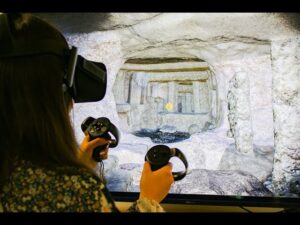
We are honoured to welcome you in Malta for this year’s ICIDS conference. Please find below a collection of FAQs that will answer most of your questions. Get in touch if you need further information!
While Saint Martin’s Institute of Higher Education is situated in Hamrun, the venue of the conference is at the Radisson Blu Hotel in Saint Julian’s, to the central north east of the island.
It is situated between Pembroke to the North and Paceville to the South. Pembroke is mainly a residential area embedded within military barracks left by the British while Paceville is the entertainment hub of Malta with plenty of bars, restaurants and nightclubs.
While the conference is at the Radisson Blu Hotel in Saint Julian’s, the art exhibition is at a more publicly accessible space in the heart of the capital city, Valletta, specifically the Malta Chamber of Commerce building.
The building is situated on Republic Street, just down the road from the City Gate entrance and past the Grandmaster’s Palace and housed in the historic Exchange Buildings (La Borsa).
Malta is a member of the Schengen area and thus abides by the Schengen Migration regulations available at https://home-affairs.ec.europa.eu/policies/schengen/visa-policy_en
You will be relieved to know that there is only one airport in Malta, so there’s less choices to make!
There’s also a direct bus from the Airport to the hotel: route TD2 (Airport Direct 2 on Google Maps) offers direct transportation from the airport to the venue (Radisson Blu, stop at Ganado) and its surrounding hotels.
The Bus runs every 30 minutes between 5:00am and 0:30am.
More information here: https://www.publictransport.com.mt/en/airportdirect
Reduced rates is being offered to ICIDS registrants at the following hotels within walking distance to the venue:
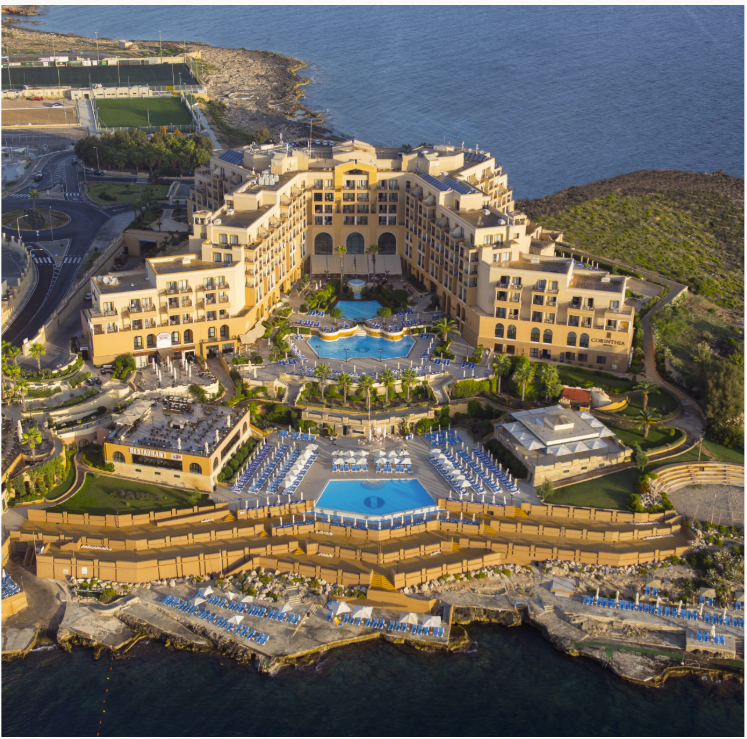
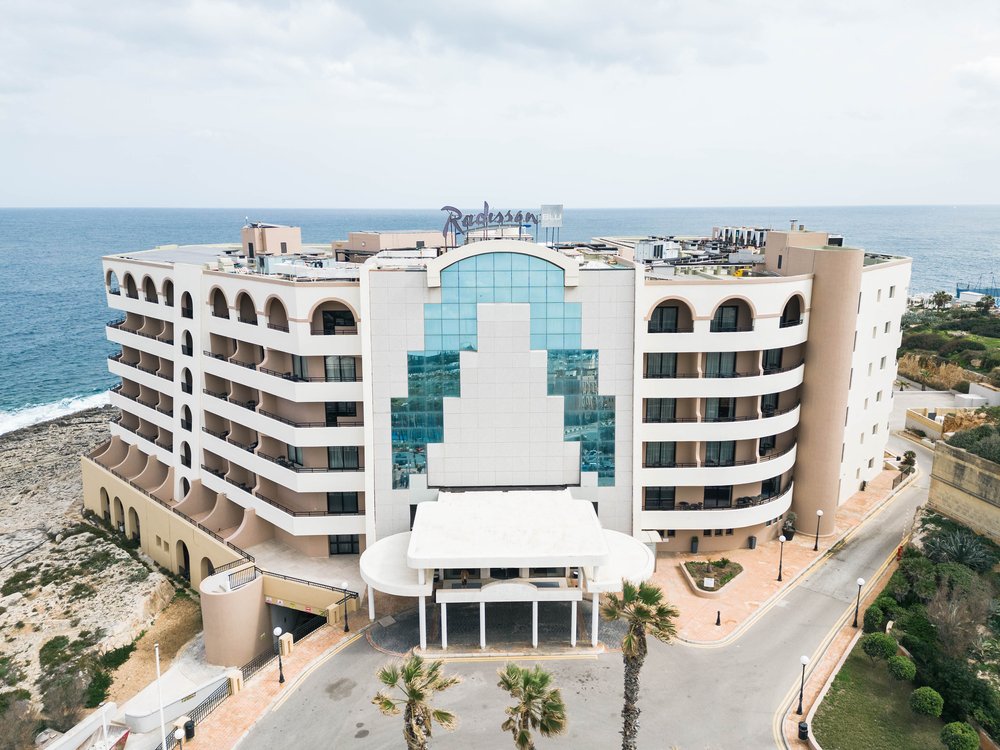
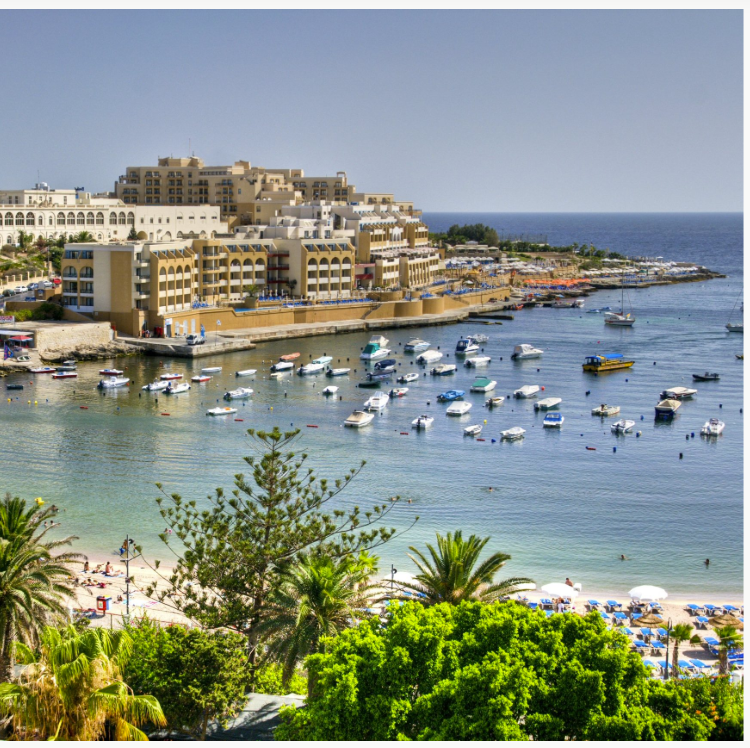
NOTE: The Accommodation Discount CODE will be sent with the registration receipt email upon registering.
Hereunder is a screenshot showing where to input the promo code recieved by email when booking in one of the hotels.
In the Special Rates dropdown, choose Promotional Code

Other accommodation options are of course available, with Malta being a popular tourist destination.
Hotels in nearby Paceville and St. Julian’s offer accommodation within walking distance but may be on the pricier side.
Some 3* hotels in the vicinity are also available but these are in the noisier part of Paceville and may not be suitable for you. Please check reviews.
Accommodation options are also available in the capital city Valletta which is the main terminus for most public transport options as well as the venue for the ICIDS Art Exhibition.
The island’s miniscule size makes all accommodation options possible – except maybe the ones on the island of Gozo as you’d need to take a 45-minute ferry each time.
However, do note that the island suffers from choc-a-bloc traffic which hampers both public and private transport – there are no dedicated lanes for public transport or taxis
Arrivals from the airport direct bus TD2, stop at Ganado (7 minutes walk) as described above.
Public transport on the Malta Public Transport buses (tal-linja) is EUR2.00 for a 2hr journey in Winter, including connections.
The closest bus stop to the venue is Profs (4 minutes walk) which is served by buses 14 and 120 leaving from Pembroke P+R (Park and Ride) – which means that anyone travelling from Valletta has to go all the way into Pembroke and then disembark on the way back. (See map below – venue is top right).
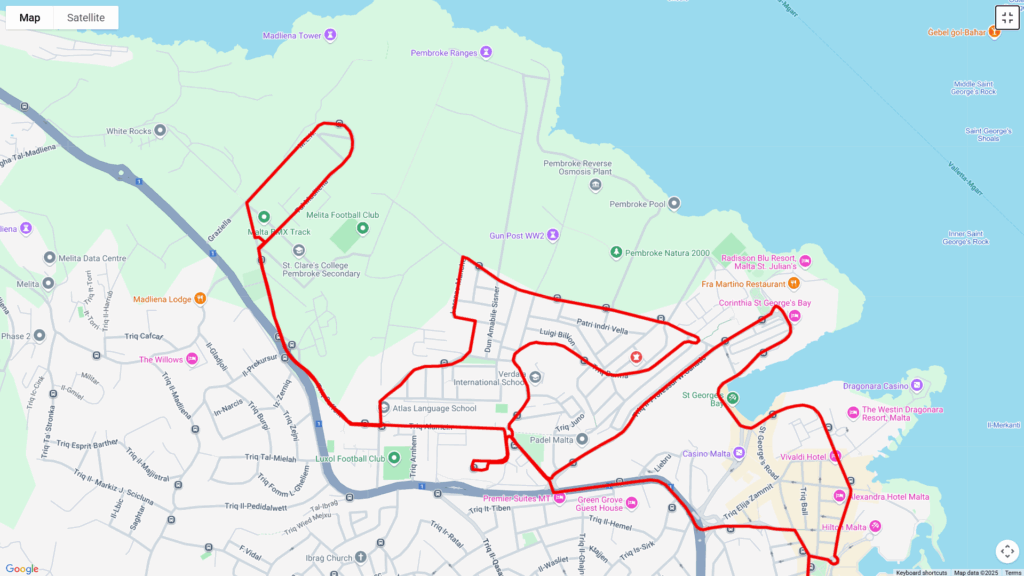
Bolt and Uber drivers are also abundant on the island and offer competitive prices, particularly if shared with other conference participants.
By attending ICIDS, you will be saved from the high temperatures of summer (30C-40C) and benefit from the relatively warm December temperatures compared to mainland Europe, with temperatures ranging between highs of 10C-20C to lows of 8C-12C. As an island, expect humid and windy weather but also consider an outside table for lunch or dinner.
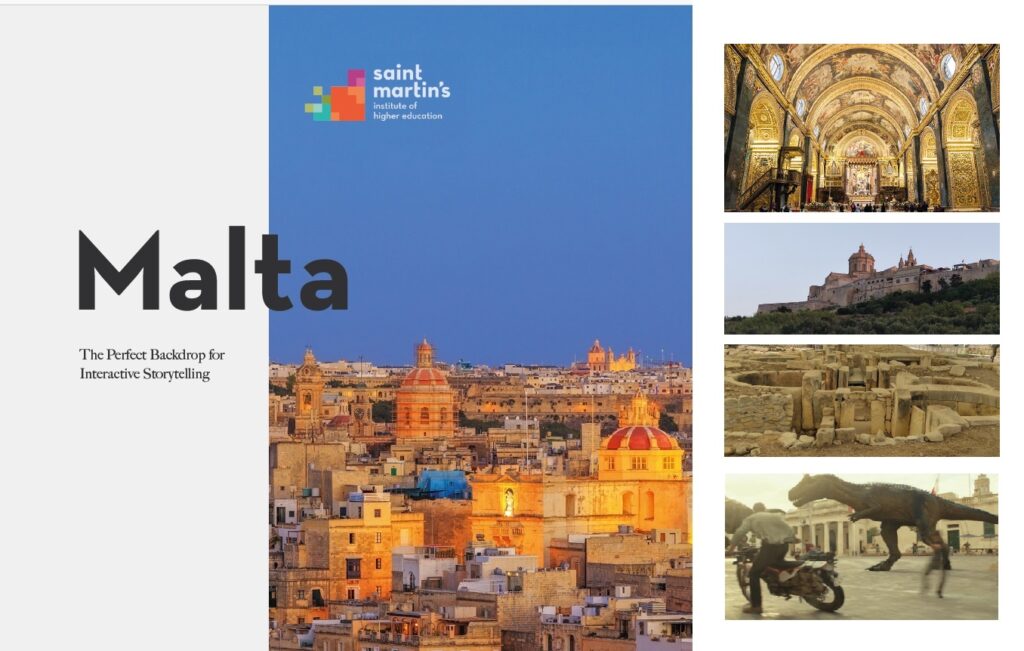
With its layered history, Malta offers something for everyone. From Neolithic complexes to 16th century bastions to World War II artefacts, history is served. We recommend taking a look at the sites managed by Heritage Malta, the national agency for museums, conservation practice and cultural heritage. Find more information here: https://heritagemalta.mt/
The Mediterranean culture favours fruit and vegetables, followed by fish, poultry and meat.
Local Maltese cuisine for December would feature soups and broths, especially the Minestra (soup packed with local and seasonal vegetables) or the Widow’s Soup (“Soppa tal-Armla”) made with cauliflower, onions, peas, potatoes, marrows and tomato paste, and a proper one would have a hard boiled egg and add fresh local cheeselets (“ġbejniet” pronounced jbay-neet) in the soup but these are hard to find in restaurants. Pasta options include the Timpana (macaroni and a bolognese sauce, baked in a pastry case). Easier to find are the Rabbit Stew and the Braġioli – Beef Olives made from slowly-braised and stuffed bundles of beef. Recommended snacks are cheese or pea cakes – pastizzi – which sell for under 80c each. Non-allergenic options are available in most restaurants but less so in smaller shops.
The Maltese may have a long history of colonized occupation but has depended on tourism for its economy for much of its recent history, and are thus known for their friendliness and hospitality. English is widely spoken on the islands and many speak Italian as a third language. The Maltese have a strong sense of community and have a Mediterranean character: loud voices, quick temper, but also quick to laugh.
Malta is blessed with low crime rates, but tourist areas, like Valletta and St. Julian’s, attract pickpockets. Avoid isolated areas, and always keep your personal belongings secure.
In the vary rare occasion that your situation requires police attention but is not an emergency, contact +356 21224001.
Emergency Police contact is 112 while ambulance is 196

Malta joined the European Union in 2004 and adopted the Euro on 1 January 2008.
VISA and MasterCard credit cards are widely accepted, less so in smaller shops and sometimes only for a minimum spend of EUR10 or EUR15 due to card fees. Having some cash in hand for smaller purchases (especially pastizzi!) is recommended. Malta Public Transport Buses (tal-linja) accept VISA credit cards.

If you need specific information that will help you plan your trip you can write to our local chair:
Jonathan Barbara jbarbara@stmartins.edu